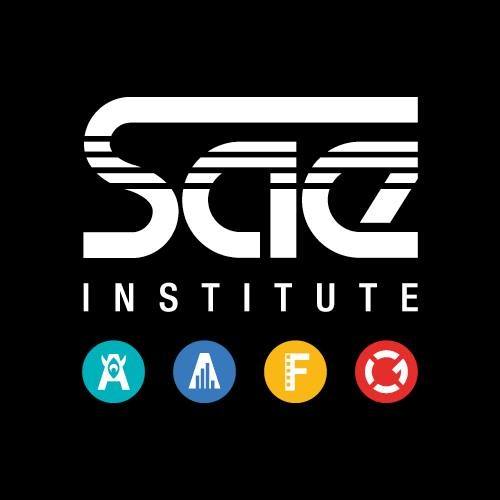The course covers all aspects of sound production, studio recording and live sound reinforcement techniques, mixing, mastering, MIDI and modern music creation, music business, studio acoustics and the application of current technology to the music production process

Course Overview:
This Sound Production Course provides students with the practical skills necessary to work in the entertainment and music industries. Students learn the technical and creative aspects of the recording process by working on complex projects in various professional studio environments.
The course covers all aspects of sound production, studio recording and live sound reinforcement techniques, mixing, mastering, MIDI and modern music creation, music business, studio acoustics and the application of current technology to the music production process.
Students also gain expertise in music and business management, marketing, communications, and knowledge of the contemporary ‘infotainment’ industry.
Graduates of the SAE Sound Production Course are able to operate a wide range of professional industry standard equipment, studio effects processors, operate analogue and digital consoles and hard disc recording systems.
Graduates have a fundamental knowledge of mixdown techniques, studio procedures, production techniques, basic studio acoustics and music business. Graduates of this course have recorded and mixed several music productions, completed a comprehensive post production project, programmed MIDI arrangements and worked extensively with ProTools and other digital editing systems.
SAE Institute is the largest provider of Creative Media Education in the world.
SAE Institute South Africa sets the bar for the benchmark in superior Higher Education in Africa, in Animation | Film Production | Games | Sound Production.
SAE is the largest provider of Creative Media Education in the world and has been providing the benchmark in training since 1976. SAE's unique training methods deliver high calibre, technically able and creative graduates who forge successful careers within the creative industries.
© 2025 coursetakers.com All Rights Reserved. Terms and Conditions of use | Privacy Policy